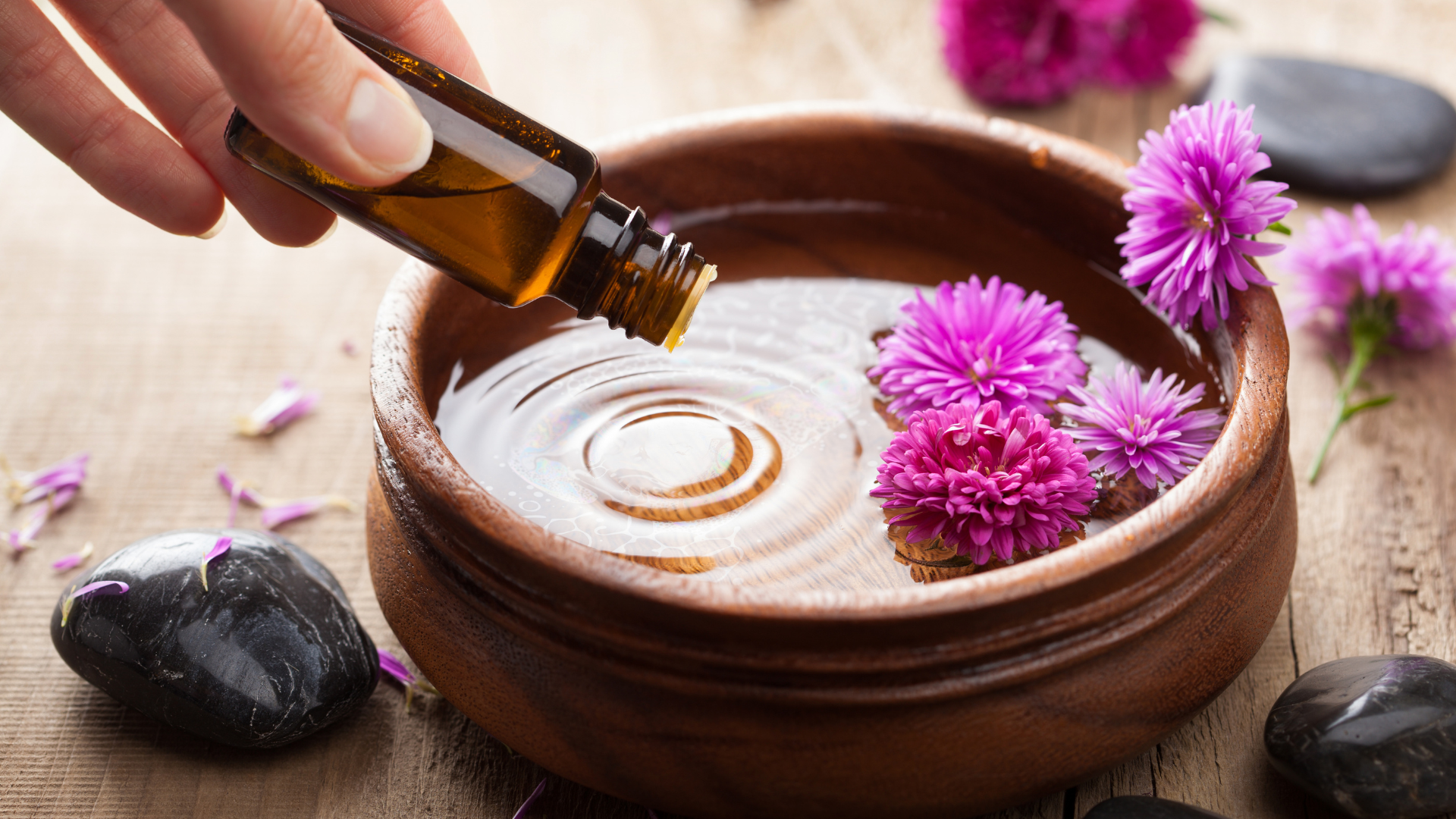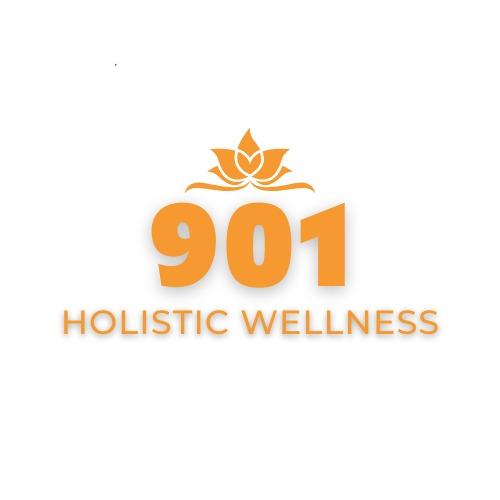The benefits of aromatherapy

The active compounds found in the essential oils used in aromatherapy help us achieve both physical and mental well-being.
What is aromatherapy?
In 1928 the French chemist René-Maurice Gattefosé used the term aromatherapy for the first time. Due to a minor issue, he faced in his laboratory, he realized the properties of lavender essential oil and decided to investigate the qualities of the rest of the oils, calling their use aromatherapy. However, it arose much longer ago. Throughout the centuries, many countries and cultures, such as the Egyptian, Sumerian, Arabic, Greek, Roman, and Babylonian, among others, have used herbs and their extracts for healing purposes.
Aromatherapy is a treatment that uses essential oils from plants for medicinal purposes. These oils constitute the essence of the plant. They are the result of a series of chemical reactions that also produce their characteristic aroma. The essential oils of plants are used therapeutically through inhalation or by applying them directly to the skin, depending on the ailment to be treated.
This type of therapy is not considered a branch of traditional medicine. However, the benefits of aromatherapy in our state of health are various and more than proven.
Every time a smell enters our nose, it stimulates the olfactory nerves that send these odors in the form of chemical signals to the brain, specifically to the hypothalamus and the limbic system, which is in charge of modulating basic emotions. Depending on the type of oil used, the sensation they produce can be calming or stimulating. Therefore, there is a direct relationship between the scent we smell and our state of mind.
In fact, a branch of psychology studies scents' effects on the human mind or why we tend to associate our memories and feelings with specific smells.}
Uses and benefits of aromatherapy
Essential oils are often used to complement traditional treatments thanks to their notable anti-inflammatory, antibacterial, antiviral, and fungicidal properties. Some cases in which they are used are:
- Dermatological infections: such as eczema, psoriasis, acne, or in healing processes.
- Immune system imbalances: infections and diseases related, mainly, to the respiratory tract.
- Alterations in the nervous system: such as depression, anxiety, emotional imbalances, or tachycardia.
Among the varied and outstanding benefits of aromatherapy are also:
- Pain relief due to its analgesic effects.
- Antihistamine and defense enhancer.
- Stress reduction.
- Helps with depression, anxiety, and insomnia.
- It is a powerful stimulant and even aphrodisiac.
- Helps prevent cell aging due to the antioxidant properties of plants.
As mentioned earlier, many medical specialists advise their patients to use this technique to complement traditional medical treatments. However, it should never be used as replacement therapy.
There is a wide variety of essential oils, as many as plants in nature. For this reason, we wanted to show you a list of the most common ailments that can be alleviated with some of the essential oils:
- Anemia: dandelion, rosemary, lemon, thyme, and sage.
- Anxiety and depression: bergamot, jasmine, basil, valerian, lavender, vanilla, cedar, and rose.
- Heartburn: lavender, lemon balm, rosemary, and chamomile.
- Asthma and bronchitis: eucalyptus, rosemary, pine, lavender, and thyme.
- Bruises and scars: tea tree, rosehip, calendula, geranium, cedar, sage, and jasmine.
- Acne: sage, chamomile, calendula, or violet.
Contraindications of aromatherapy
When carrying out this type of treatment, apart from the multiple benefits of aromatherapy, some precautions must be taken into account because, as you already know, it uses a high concentration of essential oils.
First of all, you should always go to professionals who have mastered the technique and who know the oils well, knowing which ones are the most appropriate to treat each ailment.
Many pure essential oils can irritate the skin and cause burns, so they should not be applied directly. Instead, they must be previously diluted in water or other oils called bases. In addition, it is not advisable for the oils to come into contact with the eyes or to ingest them.
Regarding pregnant women, most essential oils are totally prohibited during the first trimester of pregnancy. This is because essential oils can reach the placenta and harm the fetus, causing uterine contractions, miscarriages, or getting into breast milk. However, essential oils that do not contain toxic molecules capable of harming the mother or child can be used from the fourth month and some even during the entire gestation period.
As for children, aromatherapy should be used very sparingly and always under medical supervision.
You must make sure that you are not allergic to the products that are used during the session and inform the specialist about any disease or disorder you suffer from, as well as whether you are following any medical treatment.
Lastly, before beginning an aromatherapy treatment, you should consult your family doctor, especially if you have respiratory system pathologies, such as asthma or chronic lung diseases.

.png?height=200&name=Blog%20images%20(17).png)
-2.png?height=200&name=Blog%20images%20(13)-2.png)
